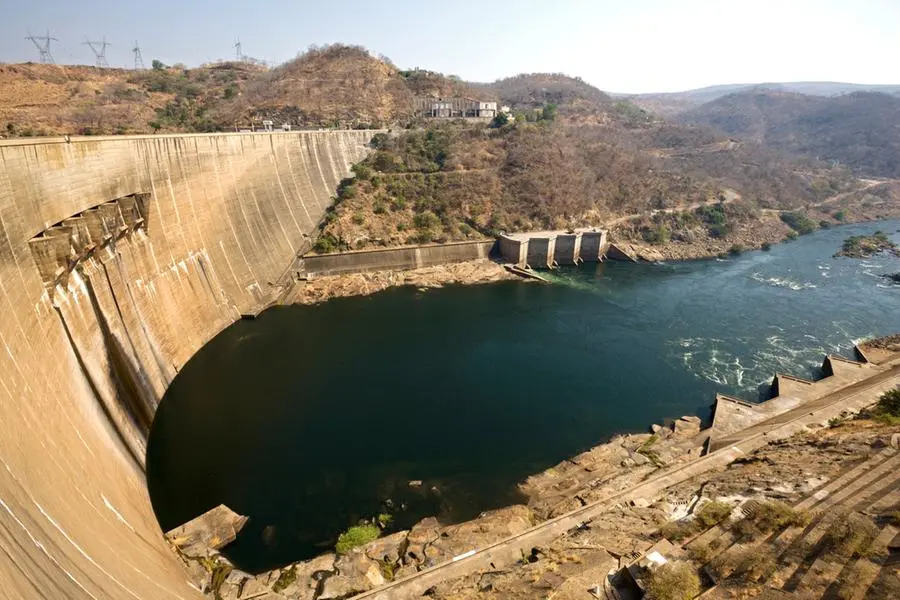PHOTO
Zimbabwe’s prolonged electricity shortages could worsen after the body that manages southern Africa’s biggest dam ordered suspension of power generation at the country’s main hydro plant due to dwindling water levels.
The Zambezi River Authority (ZRA), which manages Kariba Dam that is shared by Zimbabwe and Zambia, said the Zimbabwe Power Company (ZPC) had exhausted its 2022 water allocation for the Kariba South hydropower station, which generates 70 percent of the country’s electricity supplies.
In a letter dated November 25, ZRA said Kariba Dam’s usable storage was only 4.6 percent full and the ZPC was being ordered to stop power generation immediately until January when the situation would be reassessed.“The Zambezi River Authority is left with no choice but to firmly guide that…generation activities at the South Bank Power Station are wholly suspended henceforth until January 2023 when a further review of the substantive hydrological outlook at Kariba will be undertaken,” read the letter signed by ZRA CEO Munyaradzi Munodawafa.
“With the current performance of the 2022/2023 rainfall season in the Kariba lower catchment where the river flows are yet to improve and the associated outflows from the Upper Kariba catchment, which will only influence any potential increase in the lake level at Kariba during the latter part of the first quarter of 2023, it is highly unlikely that there will be any reasonable inflow augmentation in the remaining period of the year 2022.”‘No chance of improvement’ZRA added that there was “little or no chance of improvement in the reservoir storage levels during the remaining period of 2022” and into the first quarter of 2023.
Zimbabweans are already enduring rolling power cuts that last up to 12 hours a day as ageing coal-fired power stations that complement the Kariba Dam hydro power station break down frequently.
The Kariba South power station produces 1,050 megawatts of electricity but has been producing much less due to low water levels in the dam.
On Monday it was producing 571MW of electricity to make 721MW that Zimbabwe was generating internally, leaving the country with a huge deficit as the national demand stands at 1,500MW.
Zimbabwe imports power from countries such as Malawi and Zambia to cover the shortfall, but the country has been struggling to pay for the electricity due to foreign currency shortages.
President Emmerson Mnangagwa’s government has licensed a number of independent electricity producers to plug the gap, but the development of new power stations has been slow due to lack of investment.
© Copyright 2022 Nation Media Group. All Rights Reserved. Provided by SyndiGate Media Inc. (Syndigate.info).




















